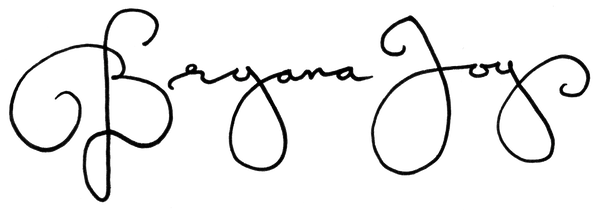
The Only One Whom We Know There
Share
 “Come now, curse this people, since they are too mighty for me,” the Moabite ruler Balak entreated the prophet Balaam. He was afraid of the people of Israel, for the Lord was with them and “for them like the horns of the wild ox.” He would pay handsomely for an enchantment against the enemies closing in around him. There was a serious detour involving an eloquent donkey, which, as we all know, put a kink in the schedule temporarily.
“Come now, curse this people, since they are too mighty for me,” the Moabite ruler Balak entreated the prophet Balaam. He was afraid of the people of Israel, for the Lord was with them and “for them like the horns of the wild ox.” He would pay handsomely for an enchantment against the enemies closing in around him. There was a serious detour involving an eloquent donkey, which, as we all know, put a kink in the schedule temporarily.
Then Balaam spoke these words over the people of Israel:
“How can I curse whom God has not cursed? How can I denounce whom the Lord has not denounced? For from the top of the crags I see him, from the hills I behold him; behold, a people dwelling alone, and not counting itself among the nations!”
Much has changed since the children of Israel wandered as strangers in a strange land, but the people of God are still sojourners, still wanderers. Still not tied to any nation or its flag, to any loyalty but the love of Christ. And “all those homes were not ours.”
We live in them, though. We live in them and must work to pay for them and furnish them and clean them and eat in them and own a quiet place in them to sleep. Sometimes our lives in them are so constricted, our worlds so small, that we fail to be conscious of the invisible Kingdom which knows no barriers of ocean or distance, which claims all our allegiance. If we’re not taking every thought captive in the war-zone of the world, it’s easy to forget where we come from.
Robert Murray M’Cheyne wrote in one of his journals of the way that the familiar shuts out the holy:
“A foreign land draws us nearer to God. He is the only one whom we know here. We go to Him as to one we know; all else is strange. Every step I take, and every new country I see, makes me feel more that there is nothing real, nothing true, but what is everlasting.”
The great challenge is to live as foreigners in the land of our birth, as representatives of another kingdom in a land that we wish to root ourselves in, to embrace. The great challenge is to be on the green globe and not of it. To love its streets and its asphalt jungles, its high, cloud-scraping hills, its weary and near-sighted citizens, its flags and its colors, its sad, grim history – and yet love even better the place we are coming home to and which we have never seen.
